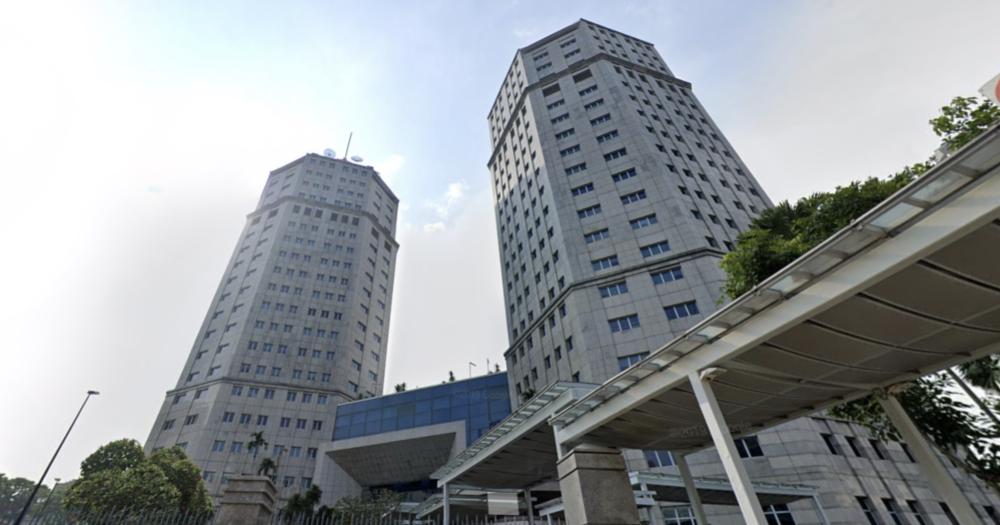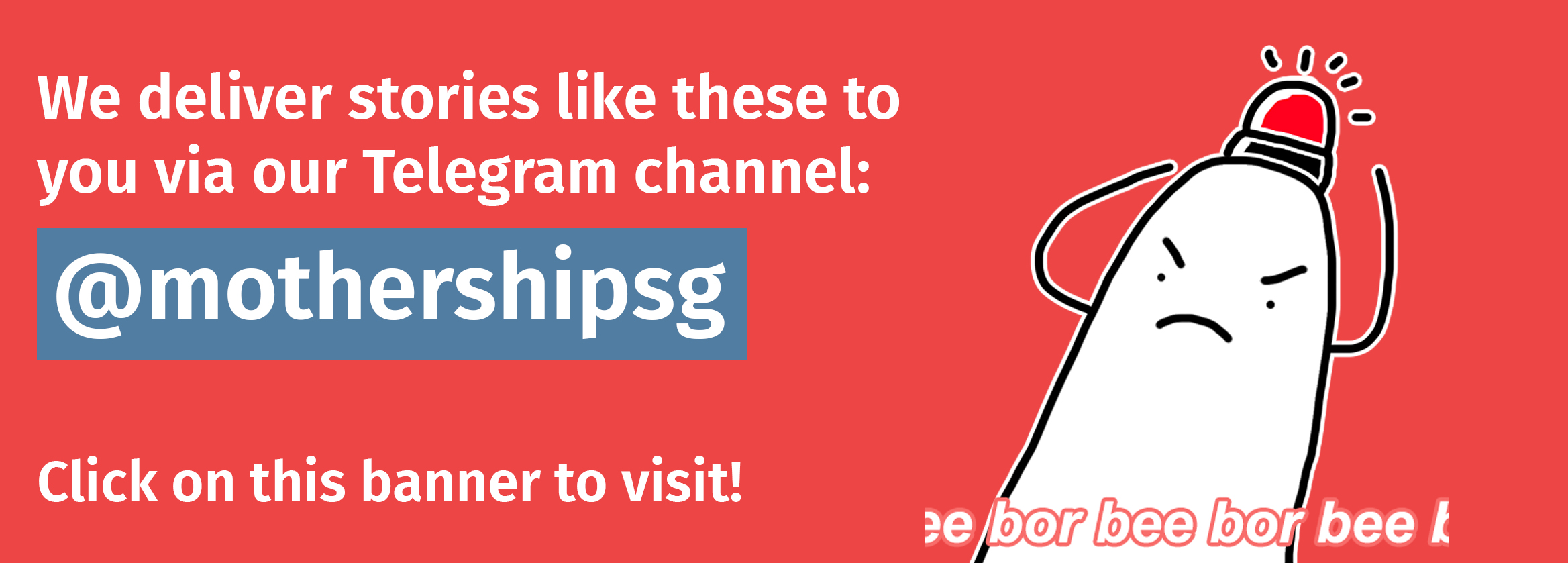Violent extremist propaganda, voyeuristic material, and other unlawful online content can cause harm, and has not gone unnoticed by regulators, said Josephine Teo, the Second Minister for the Ministry of Home Affairs (MHA).
This is why the government is reviewing potential options to protect Singapore society from harmful online content.
Such options may include "new regulatory levers", Teo said.
Harmful content to be targeted
Speaking in parliament during the Committee of Supply debate for the Ministry of Home Affairs (MHA), Teo said that widespread dissemination of harmful content online has been made "quick and easy, in ways previously not possible."
Violent extremist propaganda
She raised the example of violent extremist propaganda, such as the livestreaming of the 2019 shootings in Christchurch, the shooter’s manifesto, and the fact that a 16-year-old detained in Singapore in 2020 had been radicalised by them.
Voyeuristic material
Teo also talked about how the non-consensual dissemination of voyeuristic material can take place on online platforms, such as messaging apps.
Online platforms may not prioritise taking action against such content
Teo acknowledged that dealing with these types of harmful content may not be the priority for online platforms, saying that platforms are "driven by their own values and commercial interests."
"Not every platform puts society’s interests first," said Teo, even while acknowledging that "some platforms" have taken action to deal with harmful content.
Nonetheless, Teo added that "many tech companies have acknowledged the need for regulation, even if they disagree with governments on the ‘how’."
Situation in other countries
Teo cited Germany as an example of a country that have seen a need for regulation in this area.
Germany, she said, has passed legislation that requires platforms to respond to user complaints about unlawful content.
"We have been working with MCI to study the experiences and regulatory models in other countries, and are reviewing our options," said Teo.
Top image via Facebook and MHA
If you like what you read, follow us on Facebook, Instagram, Twitter and Telegram to get the latest updates.

